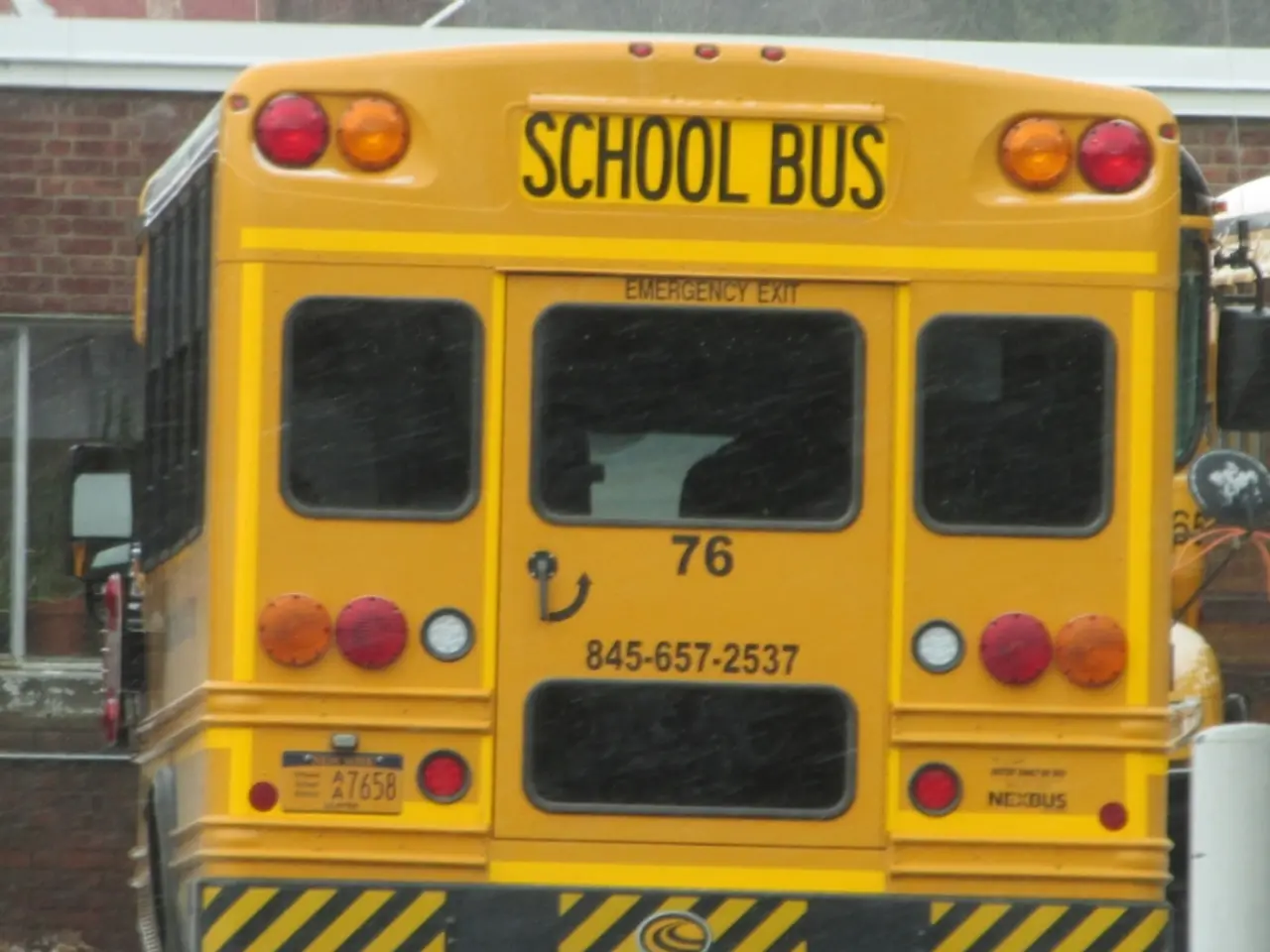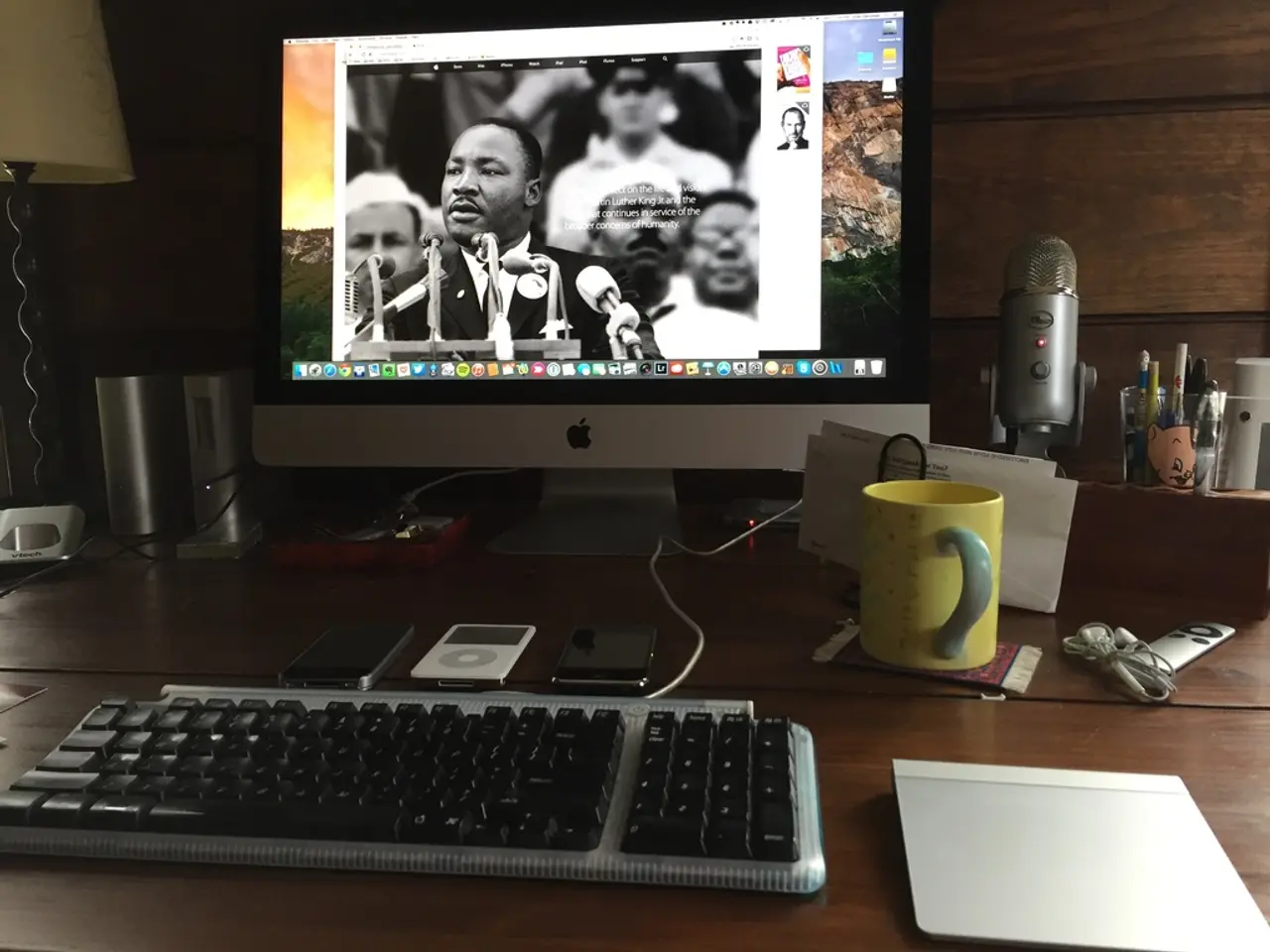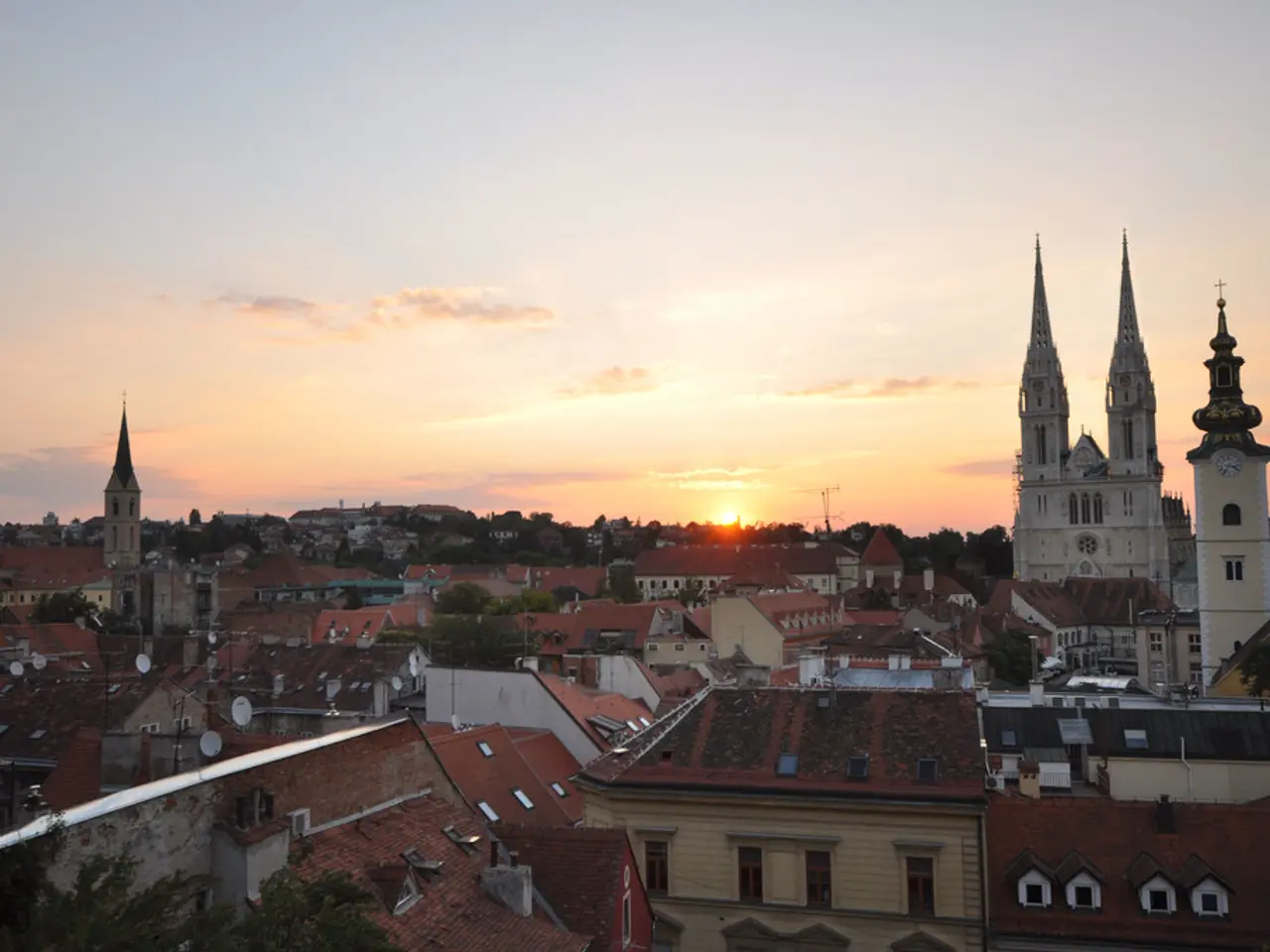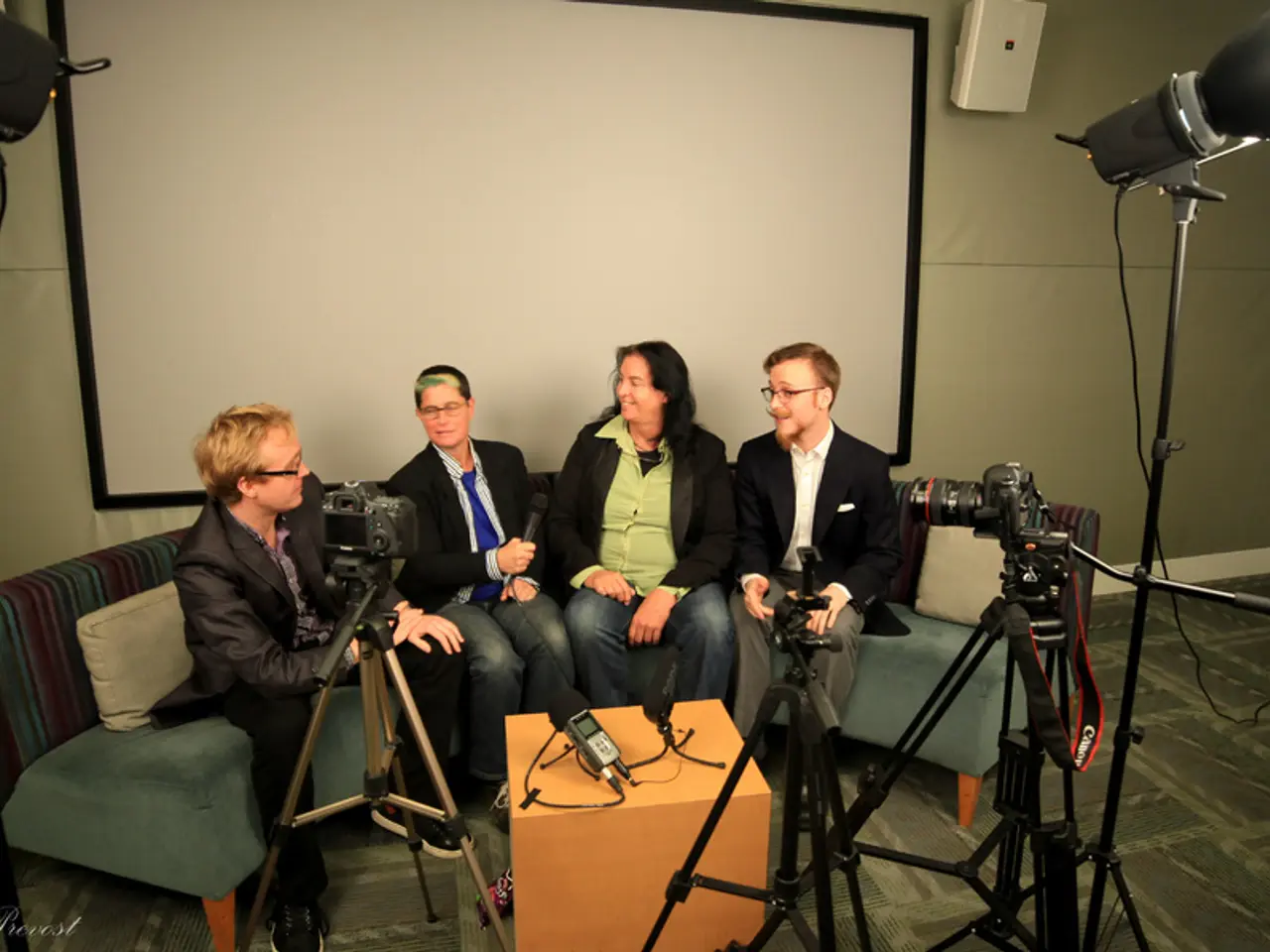Campus politics in Kolkata persist, with the absence of union elections and limited space for dissent
Student Union Elections Suspended in West Bengal Colleges for Several Years
In West Bengal, student union elections have not been held for several years, reportedly since around 2017, effectively suspending formal democratic processes in student bodies. The West Bengal Higher Education Department has acknowledged that there are no active students' councils or officially elected unions at present in the state's higher education institutions.
This suspension of elections has led to a vacuum being exploited by politically aligned groups, contributing to safety issues and weakened democratic functioning in college campuses. The Calcutta High Court has intervened by ordering that student union rooms across colleges and universities remain locked and should not be used for recreational or other purposes unless authorized by college registrars.
The political influence of the Trinamool Congress (TMC) and affiliated student wings, such as the Chhatra Parishad, continues to be significant despite the lack of formal union elections. Student unions retain a substantial presence and influence on campuses, often backed by political networks, which shifts union activities towards personal and political agendas rather than genuine student interests.
The Court's order aims to prevent misuse of these rooms in the absence of elected representatives and proper oversight. The order comes against the backdrop of serious safety concerns, notably after a gang rape incident occurred inside a student union room at South Calcutta Law College. The Court's order aims to prevent misuse of these rooms in the absence of elected representatives and proper oversight.
The suspension of elections and the prevalence of politicized student groups have raised concerns about student safety and the health of democratic practices on campuses. The absence of elected bodies reduces avenues for legitimate student representation and grievance redressal.
In some colleges, students are experiencing pressure to join the student union but not forced participation. For instance, at Ashutosh College, a stronghold of the TMC's student wing, most students are members of the union. Allegations of seat blocking and selling at exorbitant prices in college admission processes persist at Ashutosh College.
The issue of delayed student union elections violates the 2006 Supreme Court verdict that made such polls mandatory under the Lyngdoh Committee guidelines. The Education Minister, Bratya Basu, has confirmed that the government is drafting a Standard Operating Procedure (SOP) to comply with the court's order.
The prime accused in the case, Monojit Misra, reportedly has links to the ruling Trinamool Congress (TMC) party, but there has been no official acknowledgement of a connection. The TMC union in Behala College is mostly run by former students, and no elections have been held during the student's three years on campus.
Sainik Bhattacharjee, a third-year student at Jadavpur University, states that while a TMC-affiliated student wing exists, it is not very active. The more dominant student bodies are left-aligned, independent, or anti-establishment. A student from Behala College confirms these allegations, stating a friend paid Rs 85,000 for a seat at Ashutosh College. Uttara Das, from Heramba Chandra College, shares a similar experience of poor infrastructure, no sign of elections, and an unresponsive union.
Despite the order, union rooms remain active and student union fees continue to be collected on many campuses. The Calcutta High Court has ordered the closure of all 'union rooms' in colleges until fresh elections are held. After the order, Jadavpur University continues to demand sensitisation on gender and ragging, a month after a student's death at the hostel. The union room at Behala College is avoided by the student due to a desire to avoid political involvement.
The PIL was filed due to the delayed student union elections in most state-run colleges, with many not having elections for over a decade. This situation underscores how the suspension of formal student elections under TMC’s rule in West Bengal has led to a vacuum exploited by politically aligned groups, contributing to safety issues and weakened democratic functioning in college campuses.
- The suspension of student union elections in West Bengal for several years has led to a significant exploitation of the vacuum by politically aligned groups, impacting the safety and democratic functioning of college campuses.
- The absence of elected student bodies in West Bengal's higher education institutions, due to the suspended elections, has diminished avenues for legitimate student representation and grievance redressal, raising concerns about student health and democracy.
- In the absence of formal union elections, student union rooms across colleges and universities in West Bengal have been misused, contributing to safety concerns and the weakening of democratic practices, as highlighted by the Calcutta High Court's intervention.




